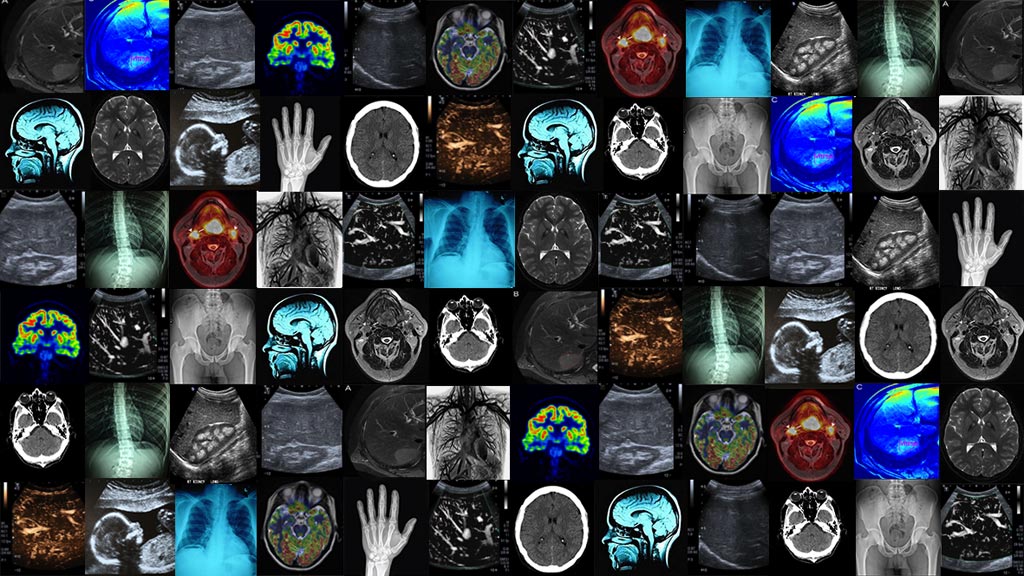Imaging Professionals View Machine Learning As Important to Industry
By MedImaging International staff writers
Posted on 24 Jan 2019
Most radiologists and imaging leaders believe that machine learning (ML) will have an important role to play in radiology, although most organizations remain two to three years away from adopting the technology, while a sizeable minority does not have any plans for adoption as yet.Posted on 24 Jan 2019
These are the latest findings of a recent survey conducted by market research firm Reaction Data, Inc. (American Fork, UT, USA) to understand the hype surrounding artificial intelligence (AI) and ML, particularly in radiology and imaging. The survey also aimed to identify where AI could be more useful and applicable, and the areas in which medical imaging professionals are likely to use ML.

Image: A new study finds most imaging professionals regard ML as important to their industry for the future (Photo courtesy of Imperial College London).
The survey results were based on feedback received from imaging professionals, including directors of radiology, radiologists, imaging directors, radiology managers, chiefs of radiology, imaging techs and PACS administrators from 152 healthcare organizations. Out of the total respondents, approximately 60% came from academic medical centers or community hospitals, 15% from integrated delivery networks, 12% from imaging centers and the remaining from critical access hospitals, specialty clinics, cancer hospitals or children’s hospitals.
The survey found that the percentage of respondents who believed ML to be important in medical imaging had increased to 77% from 65% in 2017, while just 11% viewed the technology as unimportant. On the other hand, only 59% of respondents said that they understood ML, up from 52% in 2017, while 20% did not understand the technology and 20% had some understanding.
In terms of adoption, the survey found that only 22% of the respondents were currently using ML and had either adopted it only recently or had been using it for some time, while 11% planned to adopt the technology next year. 51% of the respondents said that their organizations were one to two years away (28%) or more than three years away (23%) from adopting ML, while 16% said their organizations were most unlikely to ever utilize the technology.
The survey also examined how organizations were applying ML in imaging and found that 22% of the respondents were using the technology for breast imaging and lung imaging each, as compared to 36% and 12%, respectively in 2017. Other ML applications in imaging included cardiovascular (13%), chest X-rays (11%), bone (7%), liver (7%), neural (5%) and pulmonary (4%).
In its examination of the vendors being used by respondents who have adopted ML, the survey found that no single vendor dominated this space, with 19% using GE Healthcare and 16% using Hologic. Other vendors being used included Philips (14%), Arterys (7%), Nvidia (3%), and Zebra Medical Vision and iCAD (5% each). The percentage of imaging leaders using Google as their machine learning vendor fell to 3% from 13% in 2017, while users of homegrown machine learning solutions increased to 14% from 9% in 2017.
Related Links:
Reaction Data














